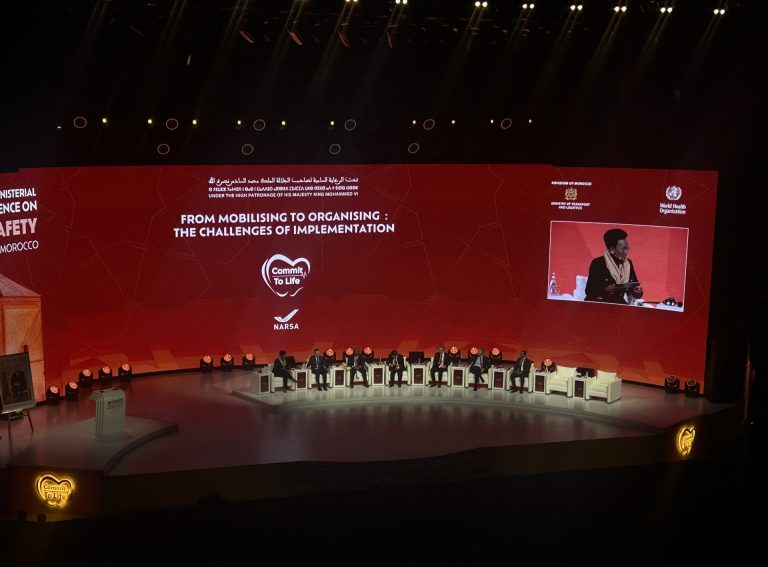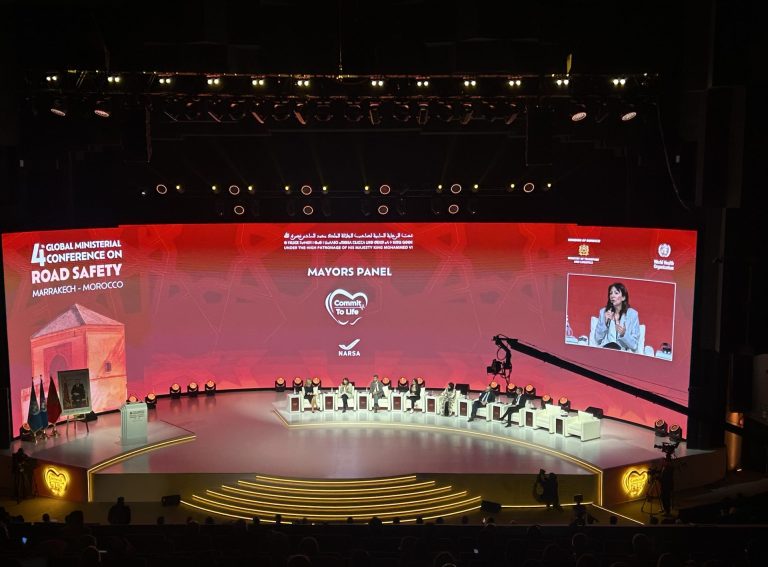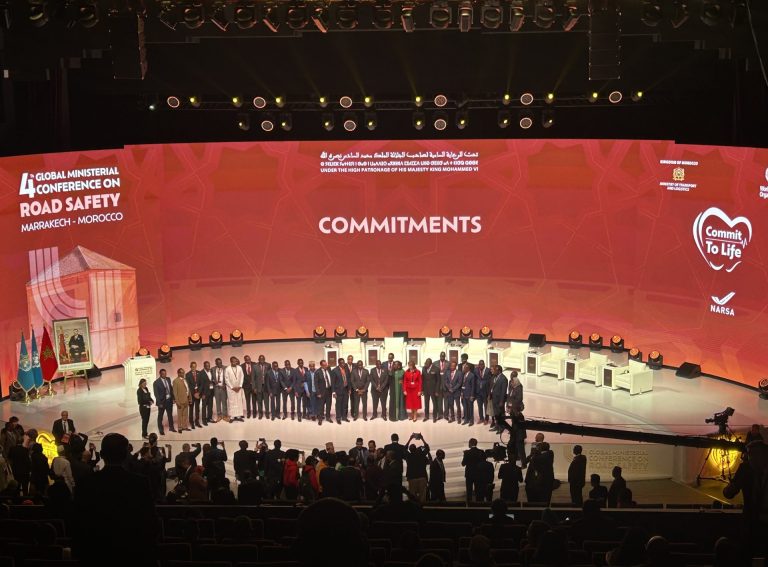Global e-bike subscription service Zoomo is calling for COP27 world leaders to see micromobility vehicles as the solution to curbing emissions in the freight transport sector.
This follows Decarbonisation Day on Friday at the United Nations Conference on Climate Change in Egypt which provided an opportunity for energy intensive sectors and companies to come forward with plans to reduce their carbon footprints and showcase new technologies.
“The real problem lies in freight transportation – a sector that makes up 8% of global greenhouse gas emissions,” Zoomo’s Global Commercial Director Lisa Conibear told Zag Daily. “Road vehicles like trucks and vans make up a whopping 62% of these freight emissions.”
When taking into account the increased demand for urban last-mile delivery, which is expected to grow by 78% between 2020 and 2030, this is an issue that is likely to worsen over time.
Conibear said: “For too long, the solution to curb emissions in the freight transport sector has been focused on incentives and rebates for large electric vehicles like electric cars and vans. These ‘solutions’ have failed to recognise light electric vehicles (e-bikes, e-cargo bikes), despite their outsized impact on both emissions and cost savings.”
Though electric cars and vans do not emit any CO2 at the tailpipe, they do use electricity to power their batteries. This significant energy requirement is due to the weight of the vehicle and battery. The energy source for the battery charging is dependent on a company’s local power generation but often the source is the burning of fossil fuels.
“The more we move to renewable sources of power the better, but at the moment we are moving the emissions from the vehicle to the power plant,” said Conibear.
An alternative is to move away from large vehicles that require heavy batteries to lighter vehicles like e-bikes and e-cargo bikes as they only require small amounts of energy. These vehicles are also partly powered by the cyclist, reducing emissions even further.
“Our hope is that government and business leaders use COP27 to put the right policies in place to cut CO2 emissions in the transport sector, specifically when it comes to freight, by taking into account innovative technologies like light electric vehicles.”
Conibear recommends policies such as bike loan-schemes, e-bike rebates, congestion pricing, improved cycling infrastructure, low-emission vehicle mandates and general awareness raising campaigns. These “practical solutions” encourage freight and logistics businesses to make the shift away from gas-guzzling vehicles and could prove to have a momentous impact on our environment.
“Now is the time to take a serious look at how goods are moved around our cities, because quite frankly, if we continue business as usual, emissions from freight transportation will become one of the biggest blockers in helping reach global climate goals.”




